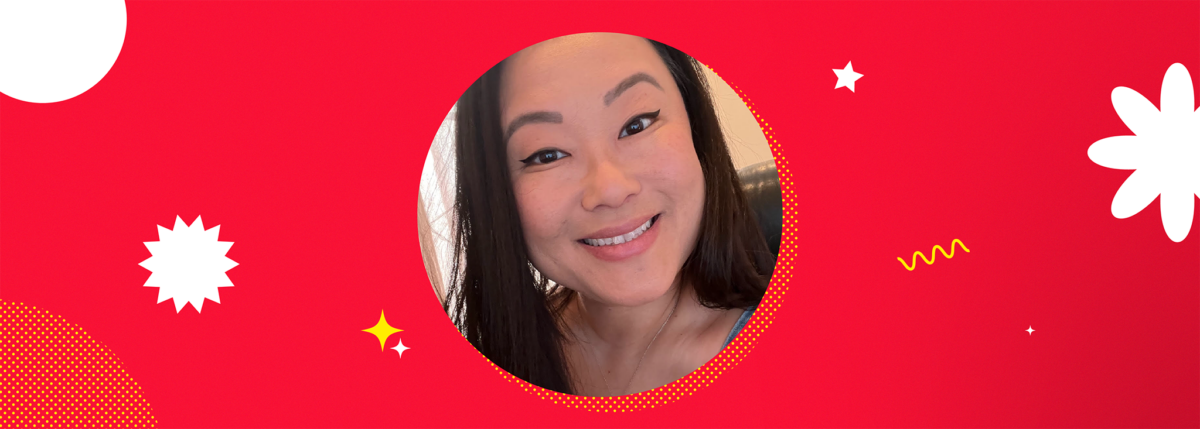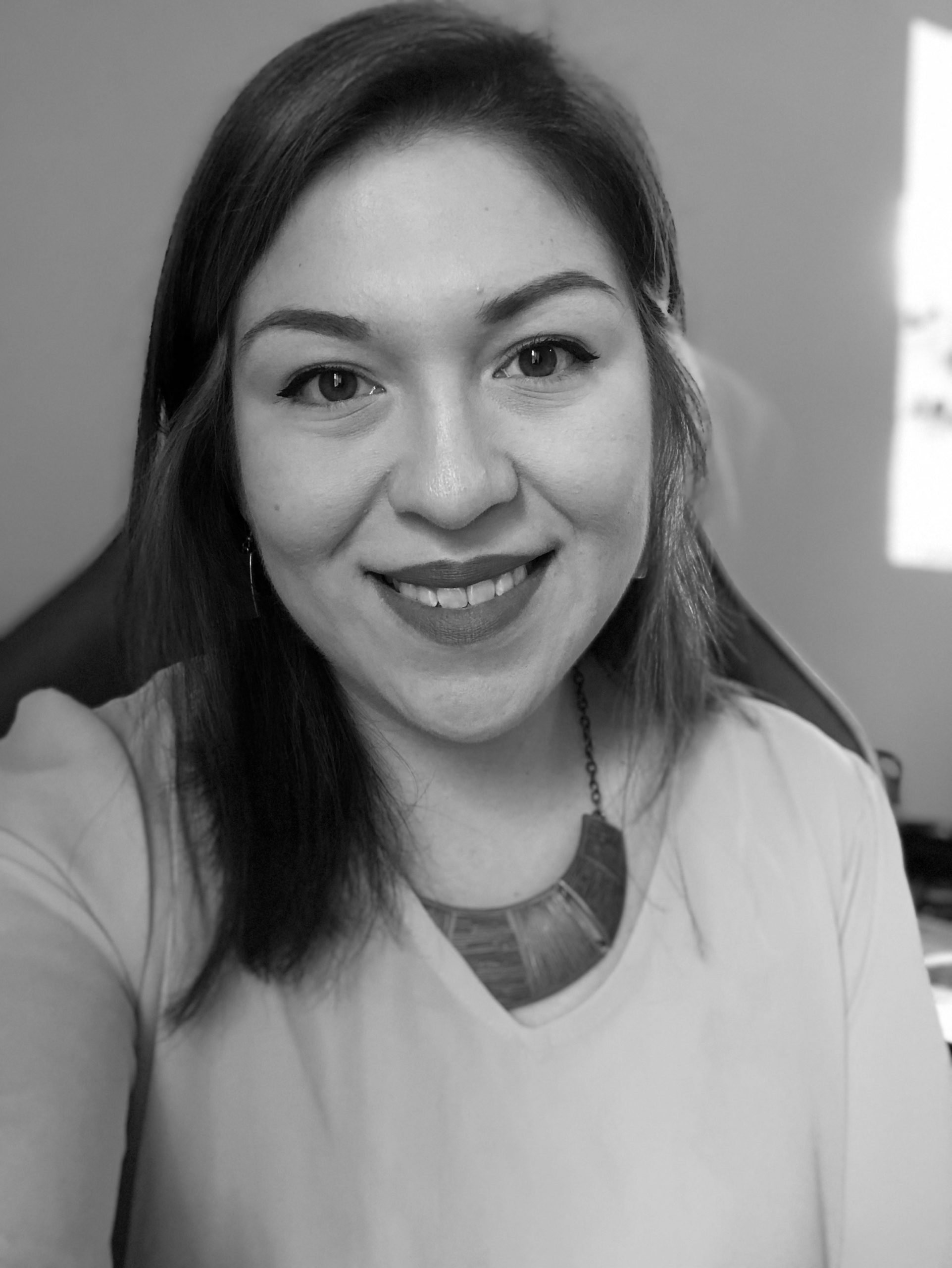There’s A Life Outside of Being Limited By Diabetes
Getting a diagnosis of prediabetes or type 2 diabetes can feel overwhelming and scary. There may be questions like: What does my life look like now? Can I still eat carbs? Am I still able to do my favorite hobbies?
A life with type 2 diabetes doesn’t end at the moment of diagnosis. People living with diabetes can still have a happy, healthy and fulfilling life. Ti Trosper is a member of our type 2 community and her story is just one example of how there’s a life outside of being limited by diabetes. Read or listen to her story below.
This interview has been edited for length and clarity.
BT2: Can you share your diagnosis story?
Ti: My diagnosis story is sort of long in the context of years because it started as prediabetes. It was like, “well, it’s not so bad, but it’s not great and you’re still young so we are going to kind of hold off.”
It ended up being a bit of me and my care team trying to figure out where we wanted to go in those pre stages. It was probably a better part of six years or more before I was diagnosed with type 2 and it sort of opened the door to different medications and options available for assistance beyond prediabetes. It’s been a little over two years-ish with type 2 now.
How do you live your best life with type 2 now?
I think it’s kind of one of those balancing acts. Thankfully now I have the FreeStyle Libre and that’s really allowed me to have a better, improved existence. I recognize that’s something that not everybody has access to and not everybody can afford. I think that if you are able to have it, it is a really big game changer in truly being able to enjoy your life a lot more freely.
But even before that, it was a lot of trying to balance having a fun life and not being afraid of the repercussions for the choices that I made—knowing that nothing I was going to do was going to be perfect.
There was not going to be an outcome that was ever going to make me feel good 100% of the time. Weighing those options and really making informed decisions as best I could for the moments or the experiences that I wanted to have—whether that was going out with my friends or eating specific foods that maybe weren’t great for me.
There was some, I don’t want to say withholding, but sort of cutting back in other areas that would make for that balance that would allow me to experience the things that truly mattered.
As a chef, has diabetes impacted your role or influenced your relationship with food?
I am a classically trained chef. I went to culinary school eight or nine years ago now. But yeah, diabetes does—especially on the personal side.
Finding variations or using things like spices to make stuff more enjoyable in a way that’s truly palatable and fun versus just eating something bland that might be good on the nourishment scale or the nutrition factor, but not quite as nice to actually sit down and suffer through eating.
I was absolutely just decimated and felt so betrayed by the fact that my body absolutely hates white rice—it can’t handle potatoes. I always knew that, but until I got the continuous glucose monitor (CGM), I couldn’t really see how much it was truly hitting my system.
Coming to terms and actually accepting the true amount of how little it takes, it was very disappointing. It felt like a betrayal because I’m like, “Ugh, but this is what I grew up on. This is how I exist.”
I love sushi. I love to go eat hot pot with my friends. I thought, because genetically or through my background, I should be able to have these things. Now I really had to scale back and reign it in on certain things.
Through having my diabetes diagnosis, I also ended up getting food allergy testing done to check for inflammation. Super weird random thing, but I’m allergic to chicken.
Everybody’s like, “That’s just so healthy, eating so much protein, you should be having chicken at every meal.” Turns out it’s really not good for me.
What does being an athlete with diabetes mean to you?
I think anybody is an athlete who’s going out and being active in whatever way that they can or choose to be. Especially somebody who might have any sort of limitation or boundary, not self chosen, and they make this choice.
Being an athlete with diabetes, it’s incredible nowadays. Diabetics are really showing the world that there’s a life outside of being limited by what’s happening internally.
I did run half marathons, but unfortunately, it’s really hard on your body. Through my glucose monitor I found that really high endurance activities that last a long time were really causing a spike in my cortisol and thereby making my numbers just seem crazy, even though I was working out a lot.
It was just the wrong kind of working out. Now I’m doing a lot more walking and lifting. I never want to be a diabetic athlete. I just want to be an athlete.
What do you wish other people with diabetes knew about your life as being a chef and as being an athlete?
I wish they knew that it took a really long time to be able to run half marathons and to figure out what’s going on with me. It takes a lot of effort and energy to move forward and not feel disgruntled or frustrated about having something happen to you that you don’t have any control over for the most part.
And it’s okay to feel that way and it’s okay to be unhappy with the hand that you were dealt. You just have to make those efforts and get the right headspace and motivation, whatever it is for you that’s going to help get you there.
For anyone who may have just been diagnosed with type 2, what advice do you have for them?
Don’t let your care team just tell you what to do if it doesn’t feel right. Your medications don’t feel like they’re agreeing with you in some way, they have longer release forms if they’re hurting your stomach. Really drive your own care because you know your body best. So just raise the flag and push back.
Editor’s Note: This content was made possible with support from Lilly, an active partner of Beyond Type 2 at the time of publication.





